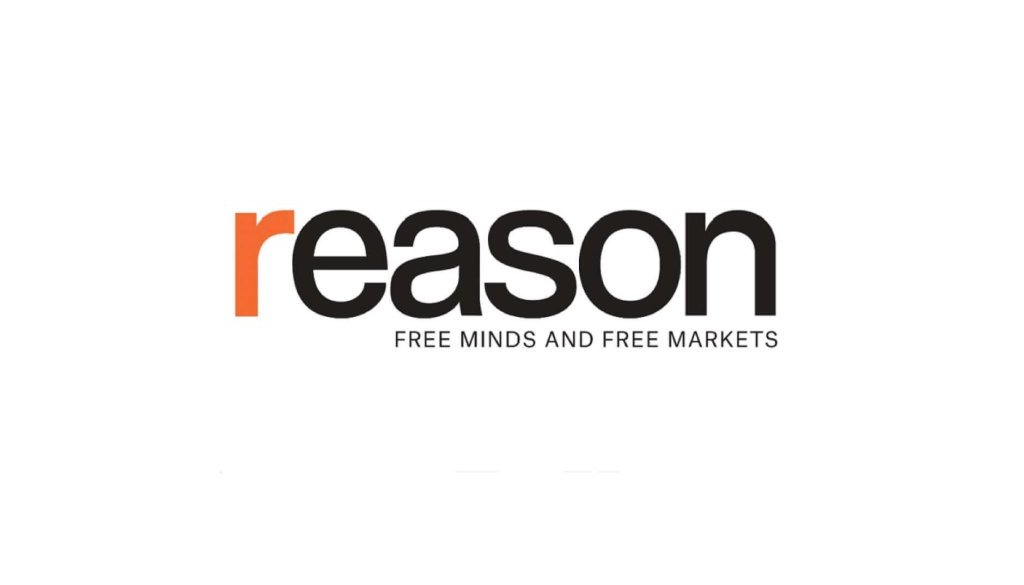An El Paso Christian Charity Is Caught Up in Texas’ Border Fight Against the Feds
El Paso is the U.S.-Mexico border in miniature: Once a permeable landscape, the Texas city is now separated from its sister to the south—Ciudad Juárez—by a harsh apparatus of walls and wire. Thousands of people travel between the two cities daily, splitting their lives between two nations, all while debates rage over who may cross the border and how.
When five young Catholics set out to help El Paso’s most vulnerable residents in the late 1970s, these questions weren’t their primary concerns. “They were reading the Bible and saying, ‘Where do we encounter God in this world? If we take our faith seriously, what kind of actions does that call us to?'” says Mary Fontana, a member of the board of directors (and longtime volunteer) at Annunciation House, a nonprofit that shelters and aids migrants.
“They kept returning to the idea that the God that they read about in the scriptures in the Bible was someone who identified first and foremost with the poor. And then they looked around their community of El Paso and said, ‘Who are the poor in our midst?'” In El Paso, that “was primarily people who are undocumented,” Fontana explains.
The Catholic Diocese of El Paso loaned the group a vacant floor in an old building, and in 1978 Annunciation House opened its doors. Its mission is “to provide hospitality and accompaniment for the poor in migration,” says Fontana, offering “shelter, food, and clothing” to the city’s “poorest of the poor.” Annunciation House says it has helped “hundreds of thousands of refugees” since its founding.
This was meant to be a humanitarian mission—something many churches and religiously informed nonprofits view as an expression of faith rather than politics.
“We’re just a bunch of regular folks trying to live out what we believe are principles of love and belief in the dignity of our fellow human beings, and there’s really nothing secretive or sinister about it,” Fontana adds. “We have a very mundane existence. We serve meals, we do a lot of laundry, and that’s kind of it.”
The state government takes a different position on the group’s work.
Last February, Texas Attorney General Ken Paxton’s office launched an investigation into Annunciation House’s activities and demanded the nonprofit turn over huge amounts of documentation about its immigrant clients more or less immediately. Then, in May, Paxton’s office sought an injunction to stop what it saw as Annunciation House’s “systemic criminal conduct.”
The Office of the Attorney General (OAG) “has reviewed and obtained sworn testimony indicating that Annunciation House’s operations are designed to facilitate illegal border crossings and to conceal illegally present aliens from law enforcement,” a press release explained. “Annunciation House operates as a criminal enterprise.”
In July, a state district court judge strongly rebuked that argument, calling Paxton’s actions “outrageous and intolerable.” Judge Francisco X. Dominguez ruled the state hadn’t established probable grounds to shut down Annunciation House and had violated its religious freedoms. But that hasn’t stopped Paxton, who hasn’t just continued his pursuit of Annunciation House but is targeting other nonprofits that assist immigrants.
It is nothing new for faith-based groups to aid migrants; nor is it novel for the government to target them for that involvement. What’s new about this case is its connection to recent debates over state vs. federal immigration authority. As Texas challenges the federal government on border policy, it has singled out Annunciation House as a complicit party.
‘This Long Legacy’
Faith groups, many of them Christian, have long offered humanitarian assistance and protection to immigrants. In the 1980s, scores of Central Americans fled their war-torn countries and migrated to the U.S., but the U.S. government opposed granting them humanitarian status, instead deeming them economic migrants. Religious leaders began to consider housing the migrants in church buildings.
“Some of them start to argue, ‘Well, we’re not really engaging in civil disobedience, we’re going to be engaging in civil initiative, because it’s the government…that is failing to uphold its own law after having signed the 1980 Refugee Act,'” says Lloyd Barba, a historian of religion at Amherst College. “‘So if the government is not going to uphold the law, we will take the civil initiative to uphold the law and offer protection for these migrants.'”
On March 24, 1982, several churches in California and one in southern Arizona announced that they would offer a safe haven to undocumented Central Americans seeking protection from deportation. “By the end of the decade, you have approximately 500 congregations that are formally part of the sanctuary movement,” Barba explains. “An early estimate [says] that for every congregation that declares sanctuary, you’ve got 10 more that are providing resources.”
As church groups were sheltering and aiding vulnerable migrants, the federal government was building a case against religious and lay volunteers. Undercover agents “attended worship services, Bible study meetings, and internal church discussions” as part of Operation Sojourner, “posing as committed sanctuary workers,” explained the Center for Constitutional Rights. Three years after the sanctuary movement was born, the Center says, “the U.S. government indicted 16 people, including three nuns, two priests, a minister, and lay volunteers, on 71 counts of conspiracy and transporting and harboring refugees.”
Eight sanctuary movement activists were ultimately convicted of 18 charges between them, all avoiding jail time. Despite the verdict, they pledged to keep the movement alive. “I plan, for as long as possible, to be part of a congregation that has committed itself to providing sanctuary for refugees,” said Rev. John Fife, a co-founder of the sanctuary movement, after being convicted of three felonies.
Churches and faith-based nonprofits have remained major players in the sanctuary space, both in the literal sense and the broader work of migrant aid and welcome. Sanctuary churches “remobilized as deportations picked up under George W. Bush and then [Barack] Obama,” wrote Shikha Dalmia for Reason in 2018. “Since Trump assumed office, the number of congregations opting to provide sanctuary has doubled from 400 to 800, according to Church World Service.” Churches and nonprofits have continued to ruffle federal feathers, especially during periods of intensified government crackdowns on undocumented immigrants and the border.
In 2017, four aid volunteers with No More Deaths, a ministry of the Unitarian Universalist Church of Tucson, Arizona, left food and water for migrants in the Cabeza Prieta National Wildlife Refuge. They were convicted in 2019 on misdemeanor charges of entering the refuge without a permit and abandoning property. A federal judge overturned their convictions in 2020 on the grounds that “their activities were exercises of their sincere religious beliefs.” Another No More Deaths volunteer, Scott Warren, was charged with harboring migrants after he provided them with food, water, and shelter in the desert. He was acquitted in 2019, also on religious liberty grounds.
Fontana says Annunciation House’s mission “has really not changed” over the years. Early on, the organization assisted undocumented immigrants who couldn’t access social services in El Paso. Decades later, it’s still helping people who have nowhere else to turn. “By 2018, there were months when there were 1,000 people a day—families, mostly, parents and kids—being released from immigration detention in El Paso on a daily basis, and Annunciation House, along with a l
Article from Reason.com

The Reason Magazine website is a go-to destination for libertarians seeking cogent analysis, investigative reporting, and thought-provoking commentary. Championing the principles of individual freedom, limited government, and free markets, the site offers a diverse range of articles, videos, and podcasts that challenge conventional wisdom and advocate for libertarian solutions. Whether you’re interested in politics, culture, or technology, Reason provides a unique lens that prioritizes liberty and rational discourse. It’s an essential resource for those who value critical thinking and nuanced debate in the pursuit of a freer society.




